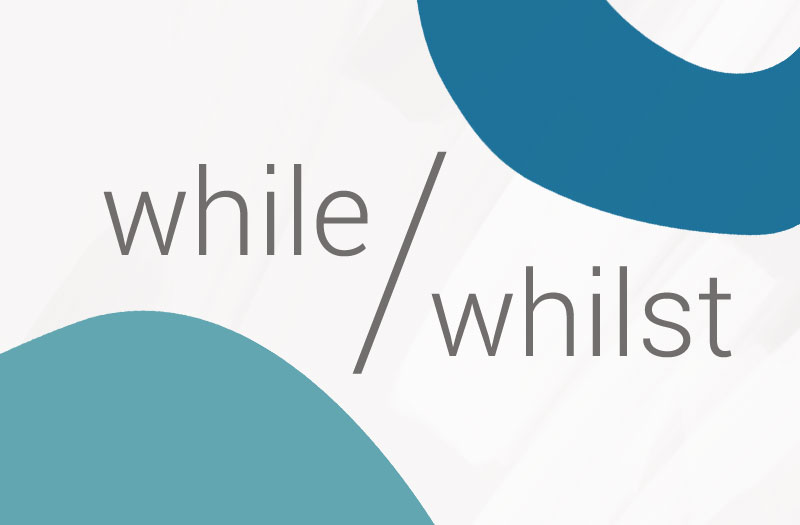 It happens every time. Whenever a writer sends me a manuscript, I feel a delightful sense of anticipation. It’s like something potentially wonderful is in front of me and I’m eager to discover what I will make of it. This pleasure, however, is always measured by my need to read the document critically and analytically. I have to see what is working and what is not, to figure out how I can help.
It happens every time. Whenever a writer sends me a manuscript, I feel a delightful sense of anticipation. It’s like something potentially wonderful is in front of me and I’m eager to discover what I will make of it. This pleasure, however, is always measured by my need to read the document critically and analytically. I have to see what is working and what is not, to figure out how I can help.
In most cases, the assistance I offer is editing, whether it be at copy, structural or developmental level. But sometimes a different kind of expertise is required. It could be that the text is not yet ready to be edited or that the writer is seeking an opinion or some assurance about the work, rather than wanting any alterations to it.
That’s when a manuscript appraisal can be useful.
Such appraisals will typically consider the effectiveness (or otherwise) of elements of the manuscript, such as the topic, structure, pacing, plot development, characterisation, narrative voice and writing style. It may also address the plausibility of the story and dialogue, and reflect upon the themes presented.
Some manuscript assessments or appraisals will also include observations about market expectations and prospects for publication, although I am wary of offering such comments myself. The world of publishing can be a fickle thing and I do not want to give advice nor raise hopes that may be washed away in the wake of the next bright and shiny trend.
Both fiction and non-fiction works can benefit from a manuscript appraisal. It is a step before editing that offers guidance for revising, reducing, reframing or expanding a document. That said, there is still significant work involved in appraising a manuscript, beginning with a careful reading of the entire document. This is followed by the preparation of a detailed report which contains practical advice and examples for reworking the draft.
What you get from a manuscript appraisal, therefore, is the advantage of having a discerning reader for your work who is able to give insights into how you may improve it. You get a thoughtfully written report to assist with your revision, and you get the chance to refine your writing before embarking on the next stage of your journey.
If that sounds useful to you, then say hello and let me know. I am, as always, happy to help if I can.
Have you ever had a manuscript assessed or appraised? How useful was it? What did you learn and what did you change?
 I confess. It’s true. Like you, I have my word quirks. There are those I use often because I’m fond of them (“nifty”, “tricky”, “expressive”, “poetic”) and many I use rarely because they don’t resonate with my voice.
I confess. It’s true. Like you, I have my word quirks. There are those I use often because I’m fond of them (“nifty”, “tricky”, “expressive”, “poetic”) and many I use rarely because they don’t resonate with my voice. This is how it goes.
This is how it goes. If you have spent any time at all exploring this website (and I do invite you to do so), you will be among the clever few who already know there are different levels of editing. While I happily
If you have spent any time at all exploring this website (and I do invite you to do so), you will be among the clever few who already know there are different levels of editing. While I happily  It has taken a bit of time and a lot of effort. You’ve poured your devotion, attention and even your heart into writing your book, your thesis, your website, your poetry. Now at last it is finished.
It has taken a bit of time and a lot of effort. You’ve poured your devotion, attention and even your heart into writing your book, your thesis, your website, your poetry. Now at last it is finished.